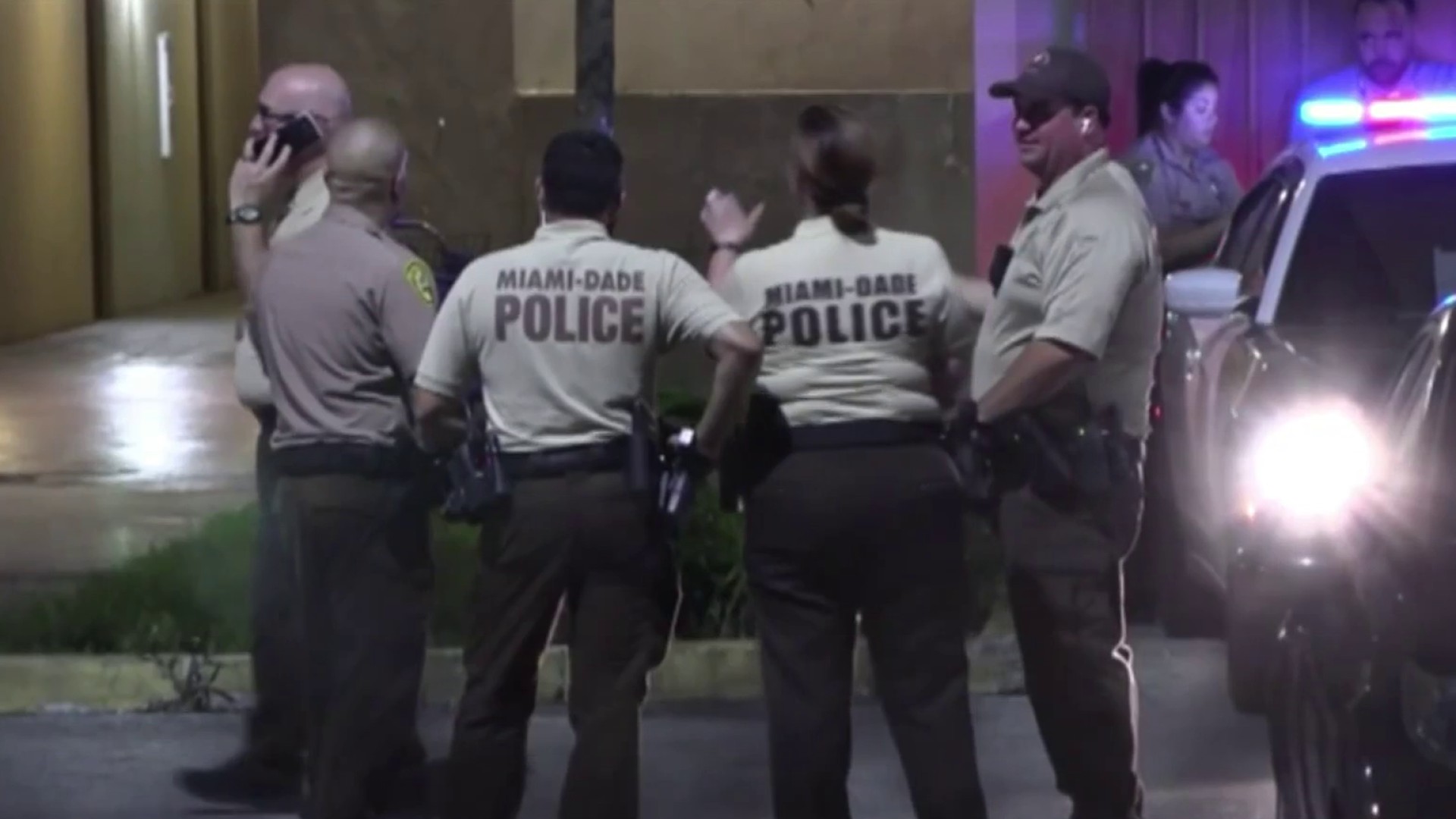21 months have passed since the COVID-19 pandemic hit schools like a sledgehammer. Since then they’ve been through closures, distance learning from home, optional reopening of schools, mandatory reopening, and battles over mask mandates.
Now that the first semester is nearly over, teaching and learning is happening in classrooms all over South Florida, but no one is pretending that the pandemic hasn’t changed education.
“So what we’ve learned through COVID is that education is constantly fluid, and how we deliver services to our students is constantly evolving,” Dr. Vickie Cartwright, superintendent of Broward County Public Schools said.
“Number one, we’re learned as a result of the pandemic that teaching and learning can actually happen 24/7 not just limited to bell-to-bell instruction in the school house,” Alberto Carvalho, superintendent of Miami-Dade County Public Schools said. “I think the silver lining of this pandemic is that we actually upped our skill.”
Get South Florida local news, weather forecasts and entertainment stories to your inbox. Sign up for NBC South Florida newsletters.
Teachers have become adept at different ways of reaching their students, whether it’s virtually or in person.
“As a result of going into that virtual world for providing instruction, it has really propelled education and many of our instructional methodologies probably about 20 years, to be frank with you,” Cartwright said.
There’s a feeling among educators that the time is ripe to reinvent public education.
Local
“Making it more flexible, more personalized, more individualized, creating a more holistic approach to children,” Carvalho said.
But first, our local school districts, just like their counterparts around the nation, have to deal with the “COVID Slide” of significance learning gaps. It’s most evident in math and English, especially with kids who were in fragile situations before the pandemic, students who live in poverty, who are learning English, and who have disabilities.
“The learning loss associated with the pandemic has been critical and devastating and it is now at a level of historic proportion,” Carvalho said.
“So we are engaging in a lot of supplemental instructional support, so it could be the additional assistance after school, before school, tutoring, maybe Saturday school for some of our schools,” Cartwright said.
Broward and Miami-Dade are each doing similar things to get students backup to speed academically, and there’s some evidence that their strategies are working. Cartwright said at the beginning of the school year that students were given diagnostic exams to determine their level of proficiency in core subject areas. She said based on grades, many students are improving.
Having activities like and, drama, and sports again is helping to get kids back in step emotionally, Cartwright said.
“We’re really having to take that holistic approach, that whole child approach and it’s not only academics, but it’s also the social-emotional and the mental health components,” she said.
The school districts have invested millions of federal stimulus dollars on counseling and mental health services, not just in hiring more counselors, but also in ways to deliver services to families who need them.
The pandemic has left educators charting a new course, and hoping the new normal will be an improvement.



